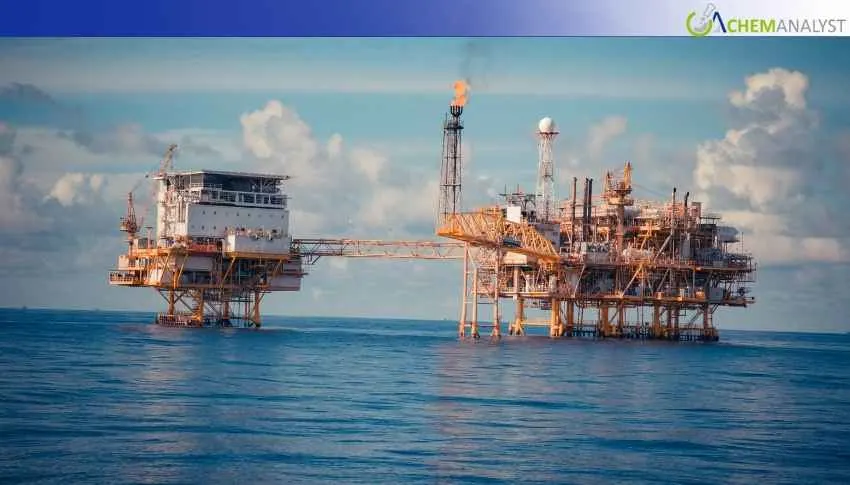Welcome To ChemAnalyst

Venezuela suspends energy cooperation with Trinidad, citing Prime Minister Persad-Bissessar’s pro-U.S. stance, endangering the Dragon gas project and regional energy ties.
Venezuela has officially suspended all ongoing and planned energy cooperation agreements with Trinidad and Tobago, including major joint natural gas ventures. President Nicolás Maduro made the announcement on Monday during a televised address, confirming that the Ministry of Petroleum and the board of the state-run oil company, PDVSA, had submitted a proposal recommending the suspension, which he has now formally approved.
Maduro emphasized that the suspension immediately halts every aspect of the energy-development partnership between the two nations. He added that Venezuela’s Congress and Supreme Court would also review the decision and offer further recommendations, potentially paving the way for the complete revocation of licenses related to shared energy initiatives. Among the affected ventures is the large-scale Dragon natural gas project, located in Venezuelan waters near Trinidad.
The Venezuelan president attributed the decision to what he called the “pro-U.S. policies” of Trinidad and Tobago’s new Prime Minister, Kamla Persad-Bissessar, who assumed office on May 1. According to Maduro, her administration’s close alignment with Washington contrasts sharply with the diplomatic approach of her predecessor, Keith Rowley. Maduro accused Persad-Bissessar of threatening to “turn Trinidad and Tobago into an aircraft carrier for the U.S. empire against Venezuela,” amid rising geopolitical tension between Caracas and Washington.
The situation intensified over the weekend when a U.S. warship docked in Trinidad, only two days after the U.S. announced the deployment of an aircraft carrier group to Latin America. Maduro, who has long accused the United States of attempting to undermine his government, interpreted these developments as further evidence of U.S.-led hostility toward Venezuela.
Under former Prime Minister Rowley, Trinidad had pursued a more cooperative strategy with Venezuela, particularly regarding the Dragon gas field project. With an estimated 4.2 trillion cubic feet of natural gas reserves, the field was expected to bolster Trinidad’s declining gas output and support its energy-dependent economy. Rowley had resisted Washington’s sanctions pressure in favor of deepening energy ties with Caracas.
However, following Persad-Bissessar’s electoral victory, the new government has shifted direction. Earlier this month, Shell and the National Gas Company of Trinidad and Tobago received a renewed U.S. license to move forward with the Dragon project, signaling Washington’s involvement in the venture. In response, Persad-Bissessar stated that Trinidad no longer relies on Venezuelan gas, stressing her government’s focus on expanding both the energy and non-energy sectors domestically.
Shell is also developing the Manatee gas project, which lies across the maritime border between the two nations. While the Maduro administration had previously authorized its independent development on the Trinidadian side, it remains uncertain whether this project will now face suspension under the new directive.
We use cookies to deliver the best possible experience on our website. To learn more, visit our Privacy Policy. By continuing to use this site or by closing this box, you consent to our use of cookies. More info.
